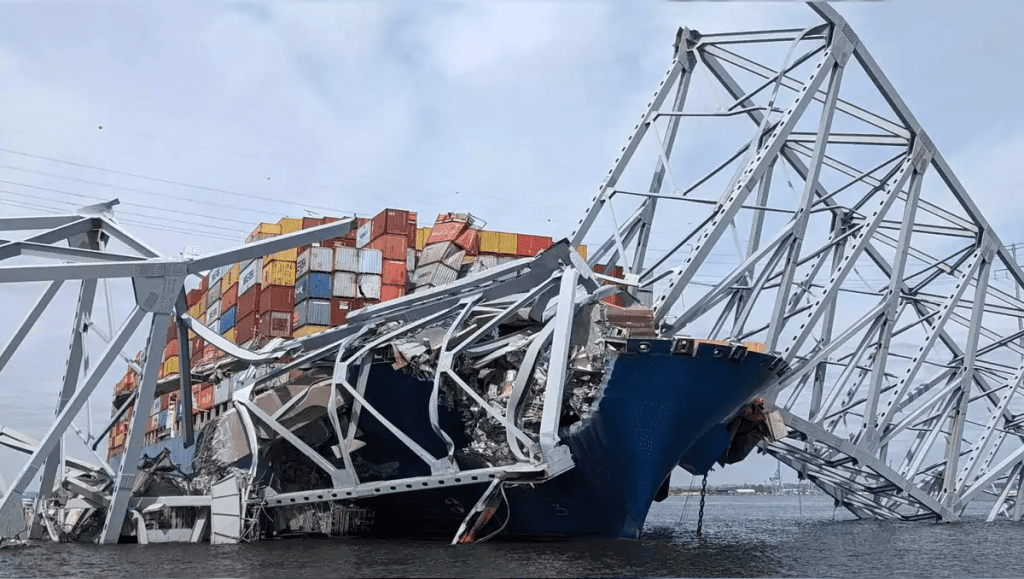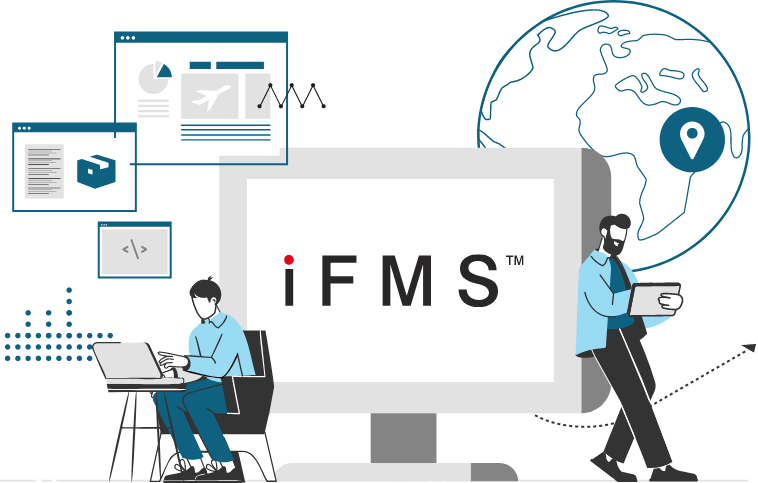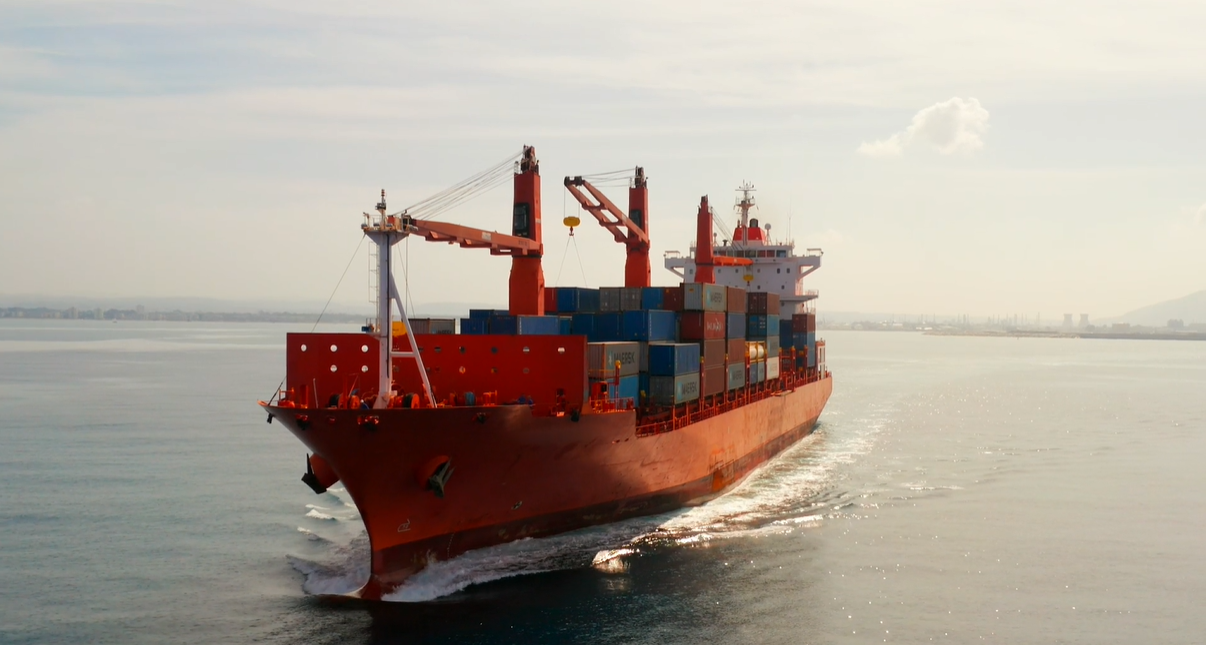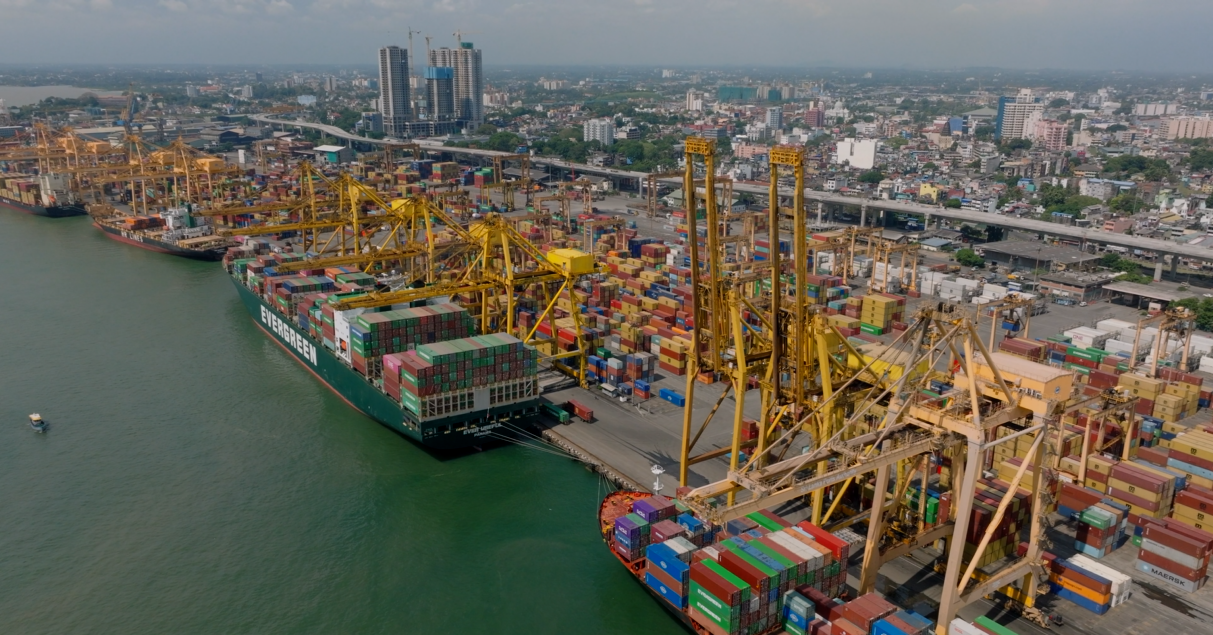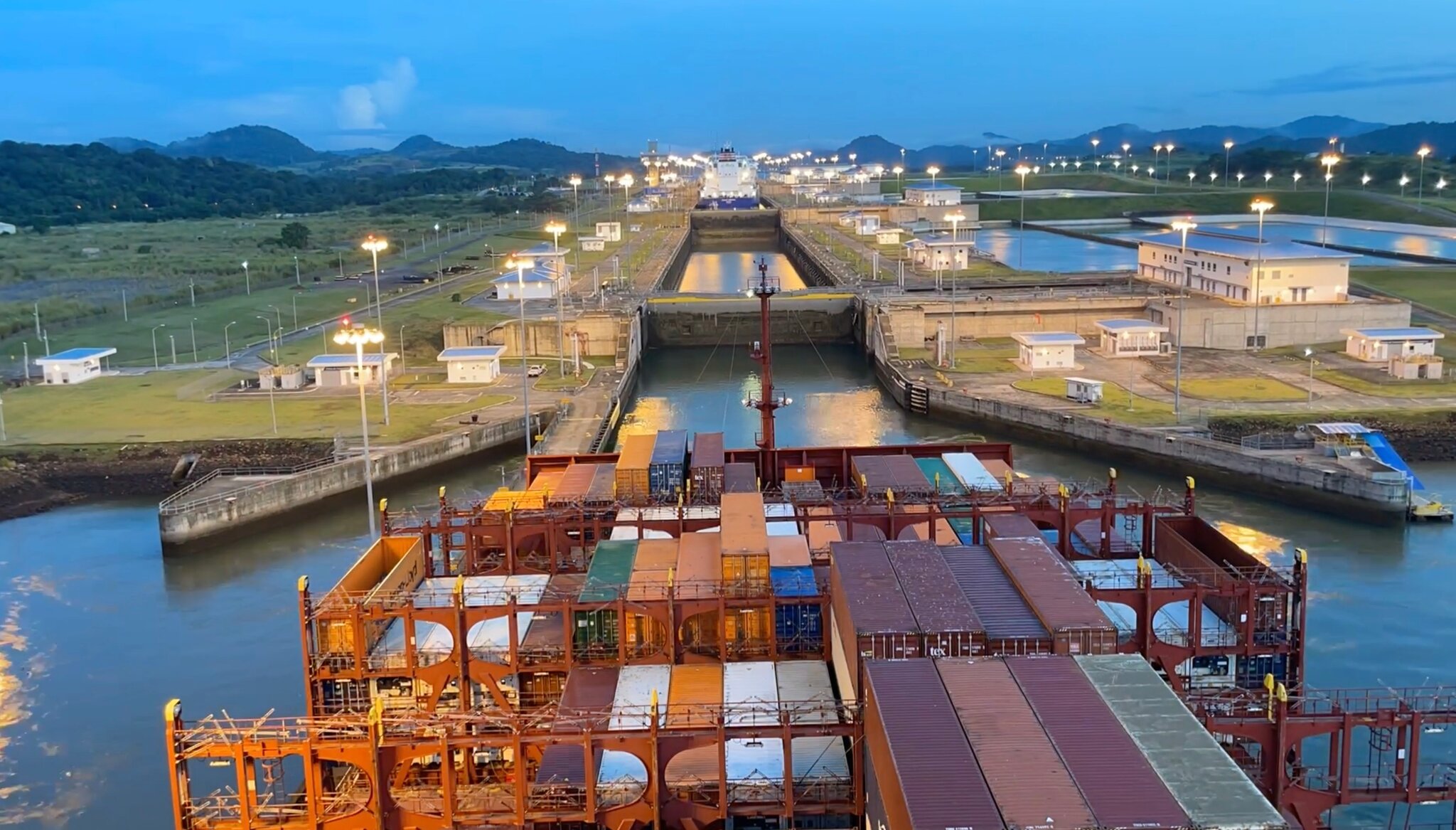FREIGHT FORWARDING, CUSTOM BROKERS
Building Resilient Supply Chains: Strategies Post-Pandemic
Businesses are enhancing supply chain resilience post-COVID-19 by diversifying suppliers, adapting to geopolitical changes, embracing technology, integrating sustainability, and fostering continuous improvement.
April 13th, 2024
|
3 Minute Read
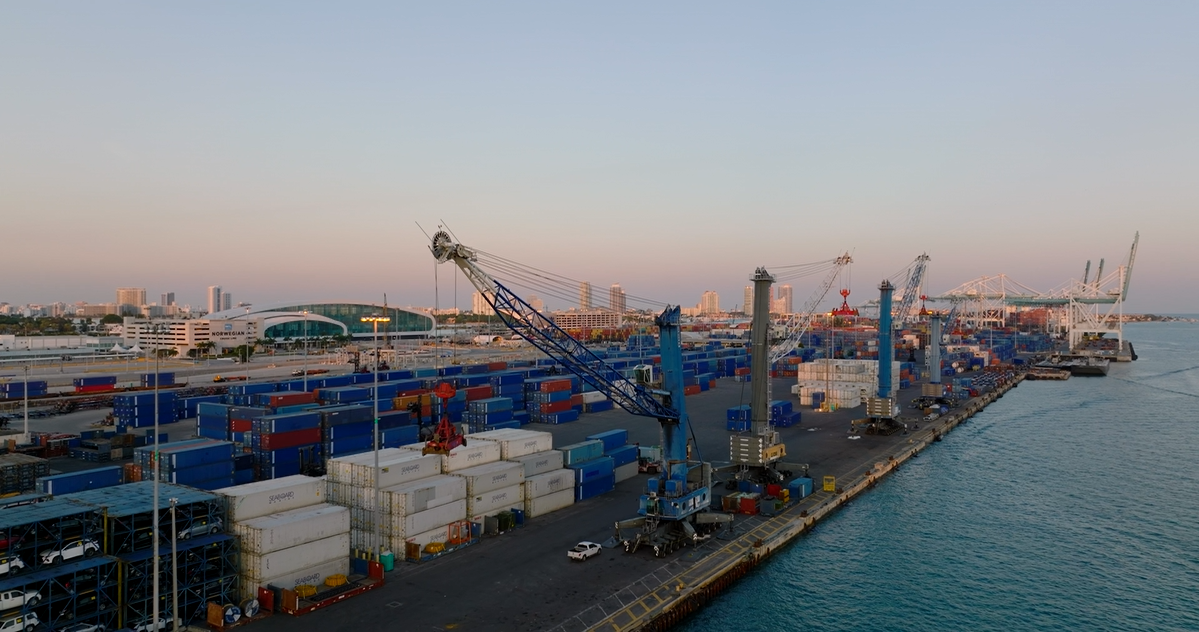
The COVID-19 pandemic has caused unprecedented disruptions to global supply chains, prompting businesses to rethink their strategies for resilience. In this article, we’ll explore the ongoing impact of the pandemic on supply chains and examine how companies are adapting to ensure operational continuity in a post-pandemic world.
Key Takeaways
- 1. The pandemic highlights the urgent need for businesses to assess and strengthen their supply chains, including reviewing contracts and contingency plans, to mitigate against future disruptions.
- 2. Companies are adapting to geopolitical shifts by diversifying supplier bases and considering alternative manufacturing locations, to mitigate risks and ensure operational continuity.
- 3. Amidst the crisis, businesses are integrating technology and sustainability practices into their supply chains, leveraging digital infrastructure and ethical considerations to innovate and create positive social and environmental impacts.
Rethinking Supply Chain Stability
The pandemic exposed vulnerabilities in traditional supply chain models, highlighting the need for businesses to reassess their approach to supply chain management. Companies are now prioritizing resilience, reviewing contracts, and developing contingency plans to mitigate against future disruptions.
- 1. Supply Chain Mapping and Risk Assessment: One key aspect of reassessing supply chain stability involves thorough mapping and risk assessment. Businesses are conducting in-depth analyses to identify critical nodes, dependencies, and potential points of failure within their supply chains. This proactive approach enables them to anticipate and mitigate risks effectively.
- 2. Collaboration and Transparency: Collaboration and transparency have become essential components of building resilient supply chains. Companies are forging closer partnerships with suppliers, sharing data, and establishing clear communication channels to enhance visibility and agility. By fostering trust and cooperation throughout the supply chain ecosystem, businesses can respond more effectively to disruptions and minimize their impact.
Diversifying Supplier Bases
Many businesses previously relied heavily on manufacturing and supplies from regions such as China and Southeast Asia. However, the pandemic demonstrated the risks of overreliance on a single geographic region. As a result, companies are diversifying their supplier bases, exploring alternative manufacturing locations, and implementing strategies like “China +1” to ensure operational continuity.
- 1. Strategic Sourcing: Strategic sourcing involves identifying and qualifying suppliers based on criteria such as quality, reliability, and geographic diversity. By strategically sourcing from multiple regions and suppliers, businesses can reduce dependency on any single source and mitigate risks associated with geopolitical instability, natural disasters, or other disruptions.
- 2. Supplier Relationship Management: Effective supplier relationship management is critical for building resilient supply chains. Companies are investing in stronger relationships with key suppliers, fostering collaboration, and incentivizing risk-sharing mechanisms. By working closely with suppliers to address challenges and opportunities, businesses can enhance supply chain resilience and responsiveness.
Strategies for Geopolitical Uncertainty:
In response to geopolitical shifts and trade tensions, businesses are adapting their supply chain strategies. By diversifying supplier bases and exploring alternative manufacturing locations, companies can mitigate risks and ensure flexibility in the face of uncertainty.
- 1. Scenario Planning and Contingency Planning: Scenario planning involves developing multiple hypothetical scenarios to anticipate various geopolitical outcomes and their potential impacts on supply chains. Businesses are conducting scenario analysis to identify vulnerabilities and develop contingency plans tailored to different geopolitical contexts. This proactive approach enables companies to respond swiftly and effectively to geopolitical uncertainty, minimizing disruptions and safeguarding operational continuity.
- 2. Regulatory Compliance and Trade Compliance: Regulatory compliance and trade compliance are critical considerations for navigating geopolitical uncertainty. Companies are closely monitoring changes in regulations, tariffs, and trade policies, ensuring compliance with applicable laws and regulations in different regions. By staying abreast of regulatory developments and adapting their supply chain strategies accordingly, businesses can mitigate risks associated with geopolitical instability and regulatory changes.
Embracing Technology in Supply Chain Management
The pandemic accelerated the adoption of technology in supply chain management. From digital infrastructure to remote work capabilities, businesses are investing in technology to enhance agility, efficiency, and visibility across their supply chains.
- 1. Digitalization and Automation: Digitalization and automation are transforming supply chain management, enabling real-time visibility, predictive analytics, and seamless collaboration. Businesses are leveraging technologies such as blockchain, artificial intelligence, and Internet of Things (IoT) to digitize processes, automate tasks, and optimize decision-making. By digitizing supply chain operations, companies can improve efficiency, reduce costs, and enhance resilience to disruptions.
- 2. Supply Chain Visibility and Transparency: Supply chain visibility and transparency are essential for effective decision-making and risk management. Companies are deploying digital solutions to track and trace products throughout the supply chain, monitor inventory levels, and identify potential bottlenecks or delays. By enhancing visibility and transparency, businesses can proactively identify and address issues, minimize disruptions, and optimize supply chain performance.

The Rise of Sustainability and Ethical Practices
In addition to resilience and technology, there’s a growing emphasis on sustainability and ethical practices within supply chains. Companies are recognizing the importance of environmental stewardship and fair labor practices, aligning with broader societal expectations and creating positive social and environmental impacts.
- 1. Environmental Sustainability: Environmental sustainability is increasingly becoming a priority for businesses worldwide. Companies are adopting sustainable practices such as eco-friendly packaging, renewable energy sources, and waste reduction initiatives. By minimizing environmental impact throughout the supply chain, businesses can reduce costs, enhance brand reputation, and contribute to a more sustainable future.
- 2. Ethical Sourcing and Fair Labor Practices: Ethical sourcing and fair labor practices are essential for ensuring social responsibility and ethical compliance within supply chains. Companies are implementing supplier codes of conduct, conducting audits, and enforcing strict standards to prevent labor exploitation, human rights abuses, and unethical practices. By prioritizing ethical sourcing and fair labor practices, businesses can build trust with consumers, mitigate reputational risks, and foster a culture of corporate social responsibility.
Building Resilience for the Future
Looking ahead, building resilience will be paramount for businesses navigating future disruptions. This requires a holistic approach, including thorough assessments of supply chains, identification of vulnerabilities, and development of robust contingency plans. Flexibility and adaptability will be key in ensuring operational continuity in the face of uncertainty.
- 1. Continuous Improvement and Adaptive Strategies: Building resilience is an ongoing process that requires continuous improvement and adaptive strategies. Companies are embracing a culture of innovation, agility, and learning, continuously monitoring market dynamics, technological advancements, and emerging risks. By remaining agile and responsive to change, businesses can adapt quickly to evolving circumstances, seize opportunities, and stay ahead of the curve.
- 2. Investment in Talent and Skills Development: Investment in talent and skills development is critical for building resilient supply chains. Companies are prioritizing workforce training, upskilling, and cross-functional collaboration to enhance capabilities and competencies. By investing in talent development, businesses can empower employees to navigate complex challenges, drive innovation, and contribute to long-term success.
Conclusion
The COVID-19 pandemic has underscored the importance of supply chain resilience and adaptability. By embracing change, investing in technology, and prioritizing sustainability, businesses can build stronger, more resilient supply chains for the future. As we continue to navigate the challenges of a post-pandemic world, these lessons learned will be essential for shaping the future of supply chain management.

SUBSCRIBE TO OUR NEWSLETTER!
Read Next
-
Are You Making These Common Freight Forwarding Mistakes?
In the fast-paced world of freight forwarding, efficiency and accuracy…
-
Supreme Court Empowers Carriers: New Regulatory Realities
On June 28, 2024, the U.S. Supreme Court delivered a…
-
Maritime Shipping Still Struggles: Ocean Rates Soar
Effective freight management is crucial for ensuring that businesses can…
-
A Comprehensive Guide to Freight Accounting
Effective freight management is crucial for ensuring that businesses can…
-
Rising Container Shipping Rates: US Demand & Red Sea Issues
The global shipping industry is grappling with soaring container rates…
-
Panama Canal Averts Crisis Through Water Strategy
The Panama Canal recently avoided a potential shipping crisis through…
-
Crucial Role of Freight Forwarding in Supply Chain Management
Efficient supply chain management is essential for the success of…
-
Best Practices and Challenges for Freight Accounting
Freight accounting is a crucial aspect of logistics management, involving…
JOIN OUR MAIL LIST FOR EXCLUSIVE ACCESS TO
LATEST NEWS, TIPS, AND RESOURCES
Your privacy matters! Suntek only uses this info to send content and updates. You may unsubscribe anytime. View our privacy policy for more.
